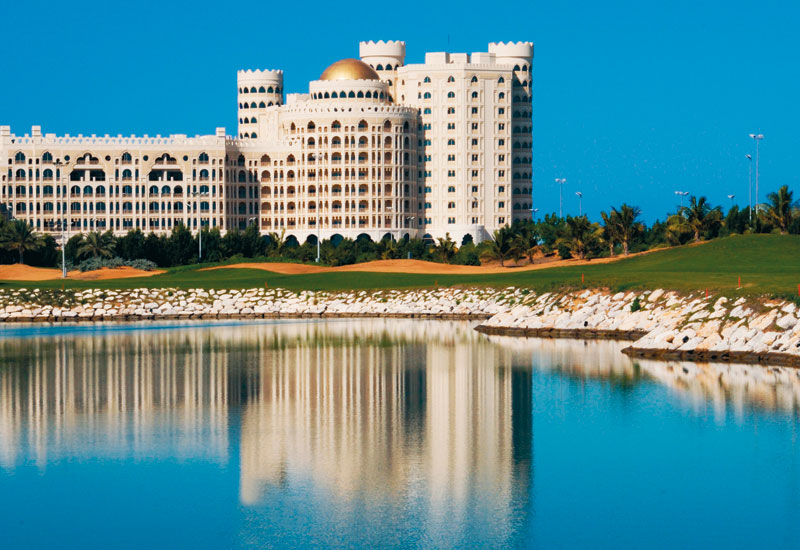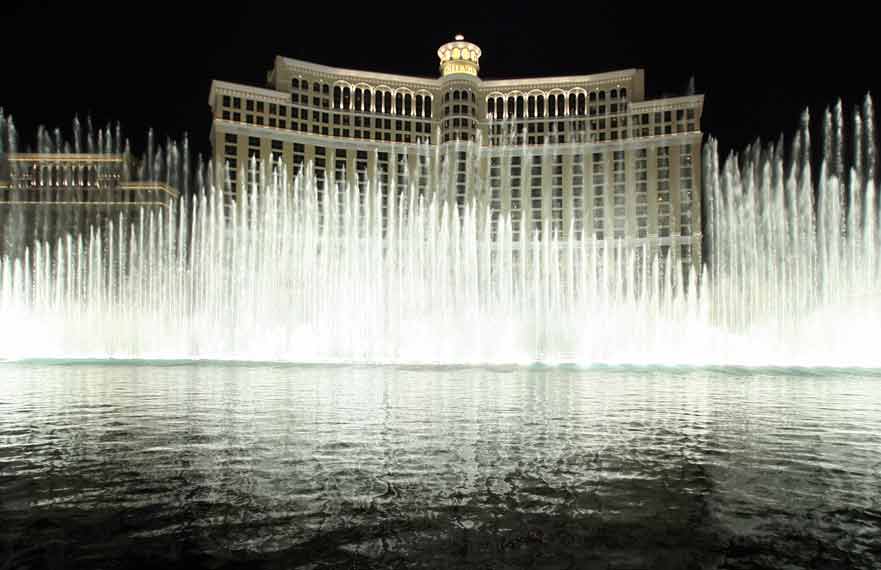 Al Hamra Residences offer 218 apartments which will benefit from the facilities at the luxury Palace Hotel, Ras Al Khaimah, opening this year.
Al Hamra Residences offer 218 apartments which will benefit from the facilities at the luxury Palace Hotel, Ras Al Khaimah, opening this year.
The economic downturn offered an opportunity for hoteliers in Fujairah, RAK and Sharjah to ensure they were perceived as standalone destinations. How will they maintain this positioning?
Along with the inevitable challenges, all crises bring with them new opportunities. While the UAE’s number one destination, Dubai, has been struggling to adjust to changing corporate-spend trends and consumer expectations, the other emirates — specifically Fujairah, Ras Al Khaimah (RAK) and Sharjah — have experienced the chance to position themselves as individual destinations in the UAE.
Gradually, the travel trade and tourism market has realised that these emirates offer far more than the potential for an excursion during a Dubai-based holiday or a weekend break for UAE residents. And as well as coming into their own as leisure destinations, convention facilities under development in places like Ras Al Khaimah mean that corporate travellers — with their condensed budgets — have an alternative too.

| Advertisement |
With consumers latched onto this idea, hotel owners and operators have spread their wings outside of the UAE, with both exciting top-end projects — such as the recently opened Banyan Tree Al Wadi in Ras Al Khaimah — through to economy projects such as the planned Ibis Sharjah filtering through.
But as the UAE hotel industry strives for recovery out of the downturn, what do these emirates need to do to ensure their new positioning is not yet again overshadowed by big brothers Dubai and Abu Dhabi?
CBRE Hotels Middle East vice president Arnaud Andrieu says that firstly, the northern emirates need to assert their unique offering to prevent confusion among consumers.
“What we have noticed is there is some confusion among international tourists. Some operators in the UAE are selling emirates like Fujairah [as if it was] Dubai. For the tourist, the problem is that they are intending to travel to Dubai but [then find out] their hotel is located far away from their destination — at least one hour from Dubai,” says Andrieu.
He said he was not sure whether the blame for this sat with tour operators, travel agents or hoteliers, but urged the industry to target different groups for the particular locations.
“They [Dubai and the northern emirates] are targeting different people, especially those who are not able to afford more than AED 800 (US $218) a night. For them the alternative of staying in Fujairah or Ras Al Khaimah, is perhaps easier for the tour operators to sell.
“You can get cheap flights, even to Dubai airport, plus the transport. They don’t necessarily need to be near the first point of interest, which is the city of Dubai. They can just be in the city of Fujairah for instance, and go [to Dubai] by bus or special transfer organised by the hotel.
“I think it is also the responsibility of the hoteliers in Fujairah and RAK to structure attractive products and packages for their clients — to structure a different service and be flexible to the current environment to better compete with the hotels in Dubai,” says Andrieu.
At the same time, he says this will ultimately benefit Dubai and improve its reputation as a long-stay destination for tourists.
“I would say these emirates are taking a different direction and are offering something else that travellers don’t want in Dubai or offering something to those that cannot afford Dubai. I would say that at this time and for the full-term, or the mid-term, it will be a plus for Dubai. Now people are able to get a one-week package and will be able to stay in a beach resort, possibly spend one or two days in Dubai, or do some shopping in Dubai,” says Andrieu.









 Search our database of more than 2,700 industry companies
Search our database of more than 2,700 industry companies









